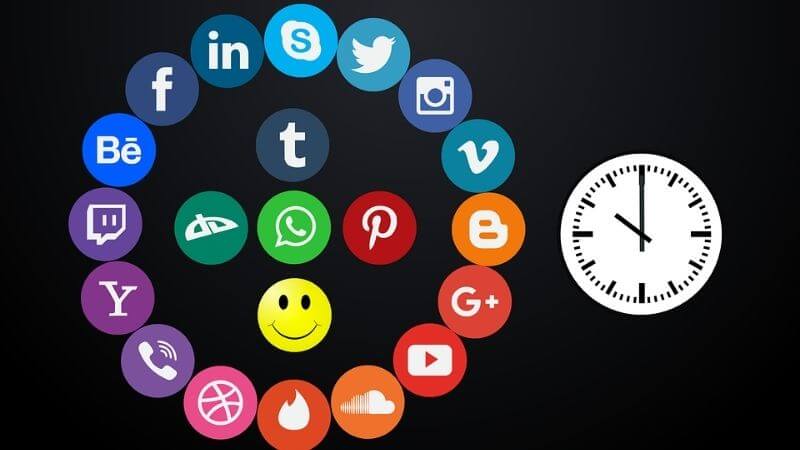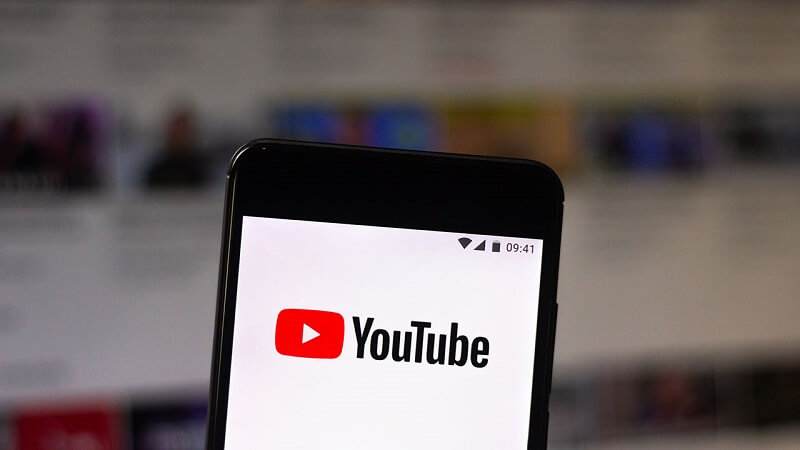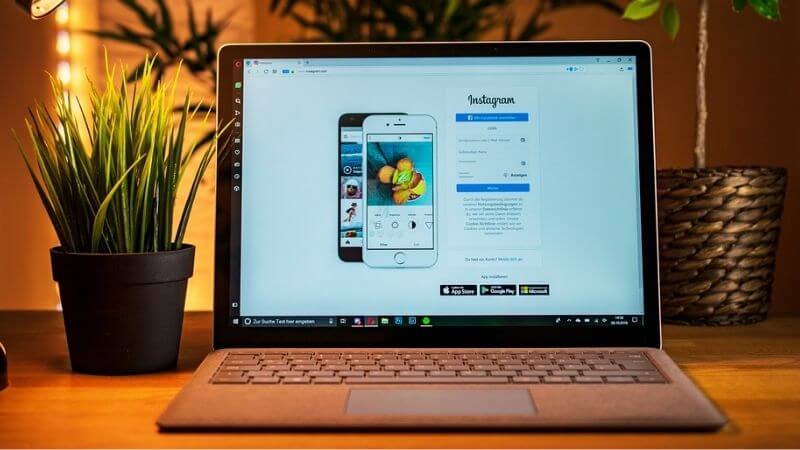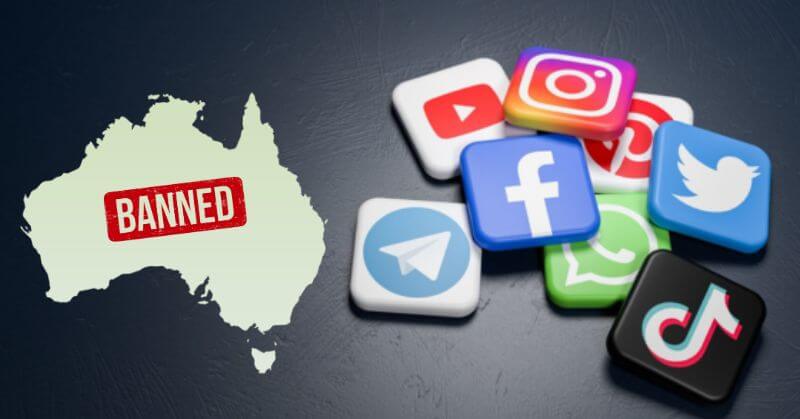Australia made history by passing a law forbidding children and teenagers under sixteen from using social media. The goal of the bipartisanly supported bill is to shield young people’s mental health and wellness from the possible negative effects of social media use.
Which Social Media Platforms Are Affected From Ban?

The new law, expected to come into effect within the next 12 months, will require social media platforms to implement age-verification technologies to restrict access to users under 16. The platforms affected by the ban include popular social media sites such as TikTok, Instagram, Facebook, Snapchat, X (formerly Twitter), and Reddit.
YouTube Has Been Exempted From Ban

However, because they don’t prioritize interaction with others, channels like YouTube, gaming websites, and messaging applications are not subject to the prohibition. This implies that teenagers in Australia will still have access to services for private conversation or video streaming even when traditional social media sites are restricted.
In the coming months, Australia’s government will test several age-verification techniques. These could incorporate identification verification procedures or biometric data, however, detractors have questioned the efficacy and privacy implications of these systems. Additionally, VPNs (virtual private networks) could allow children to bypass the restrictions, though penalties will not apply to users who circumvent the rules.
Can Parents And Kids Be Punished For Violating?
Prime Minister Anthony Albanesedefended the law, stating that it is crucial to protect children from the negative effects of social media, which have been linked to mental health problems like anxiety, depression, and self-esteem issues. Albanese emphasized that the legislation is part of a broader effort to safeguard children’s wellbeing and give parents the peace of mind that their children are not exposed to harmful online content.
“Parents have been stuck in an impossible position,” Albanese said. “They either give in and allow their children access to addictive devices, or risk their kids feeling isolated and left out.”
Challenges And Criticisms

Several people have criticized the legislation, even though parents and caregivers generally support it. Social media firms and digital rights organizations are among the critics who say that the law might not work as planned and might have unforeseen repercussions.
For instance, Google and Snapchat have expressed concerns over Australia’s law’s vagueness, with Meta(the parent company of Facebook and Instagram) calling it “ineffective” in protecting children. TikTok warned that the bill’s broad definition of “social media” could apply to almost every online service, including news websites and e-commerce platforms.
Youth advocates have also contended that the law fails to adequately consider the benefits of social media, including the promotion of creative expression and social relationships. According to the eSafety Youth Council, which has asked for increased youth participation in the conversation, young people should have a say in the regulations that impact their digital lives.
Some experts also worry that the ban is “too blunt an instrument” and might drive children to less regulated and more harmful areas of the internet, where they are more vulnerable to online dangers.
Other Countries With Similar Rules?

Australia’s decision to impose one of the strictest social media bans for minors is already being watched by other countries. In Europe, France has implemented a similar law for children under 15 but has struggled with enforcement, as nearly half of affected users could bypass the ban using VPNs. In the US, a similar law in Utah was struck down by a federal judge for being unconstitutional.
The success or failure of Australia’s social media ban could have a ripple effect worldwide. Norway has already expressed interest in following Australia’s lead, while the UK is reportedly considering a similar ban in the future, though not in the immediate term.
The Path Ahead
There are still a lot of unanswered issues regarding how the ban will operate as its implementation draws near. Although the government depends on age-verification technology, it is yet unknown how trustworthy and efficient these systems will be or how they will compromise between privacy concerns and child protection.
For now, Australia’s decision marks a significant turning point in the worldwide debate about how social media affects young people and how much government intervention is necessary to ensure their safety and well-being.
It will be important to keep an eye on the ban’s implementation, effects on minors, and potential role as a template for other nations attempting to navigate the challenges of social media regulation in the coming months.
Follow Us: Facebook | Instagram | X |
Youtube | Pinterest | Google News |
Entertales is on YouTube; click here to subscribe for the latest videos and updates.














